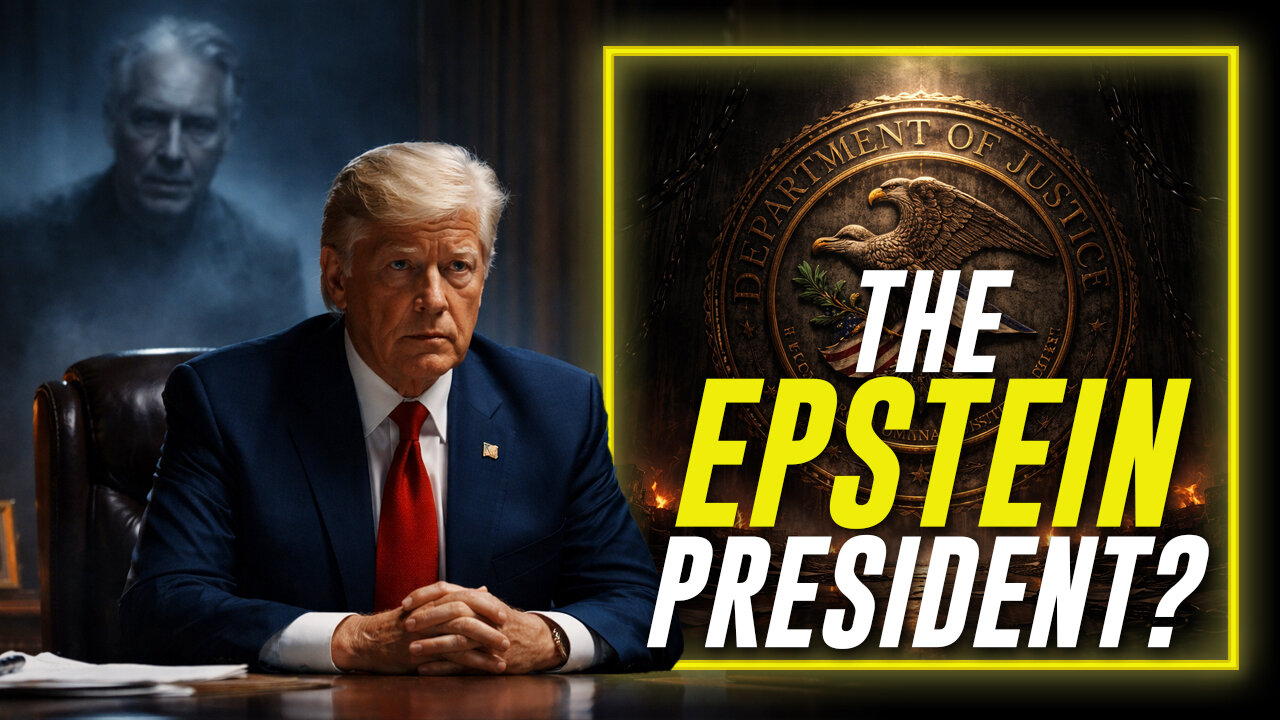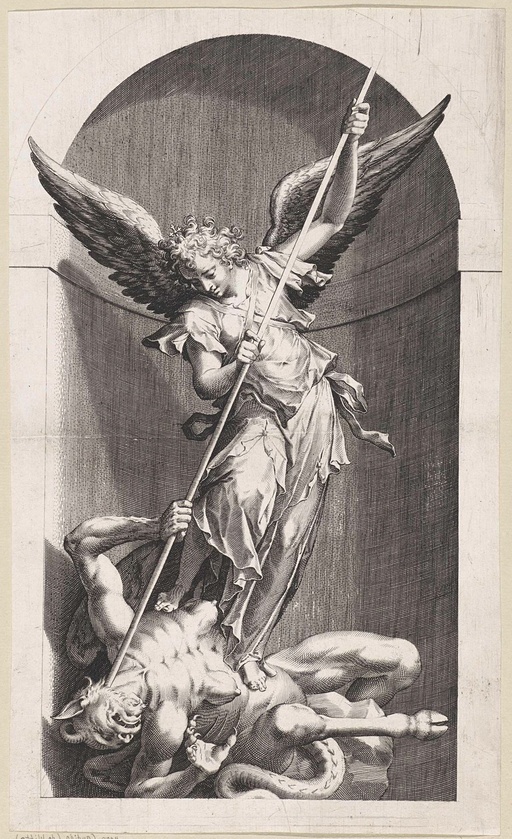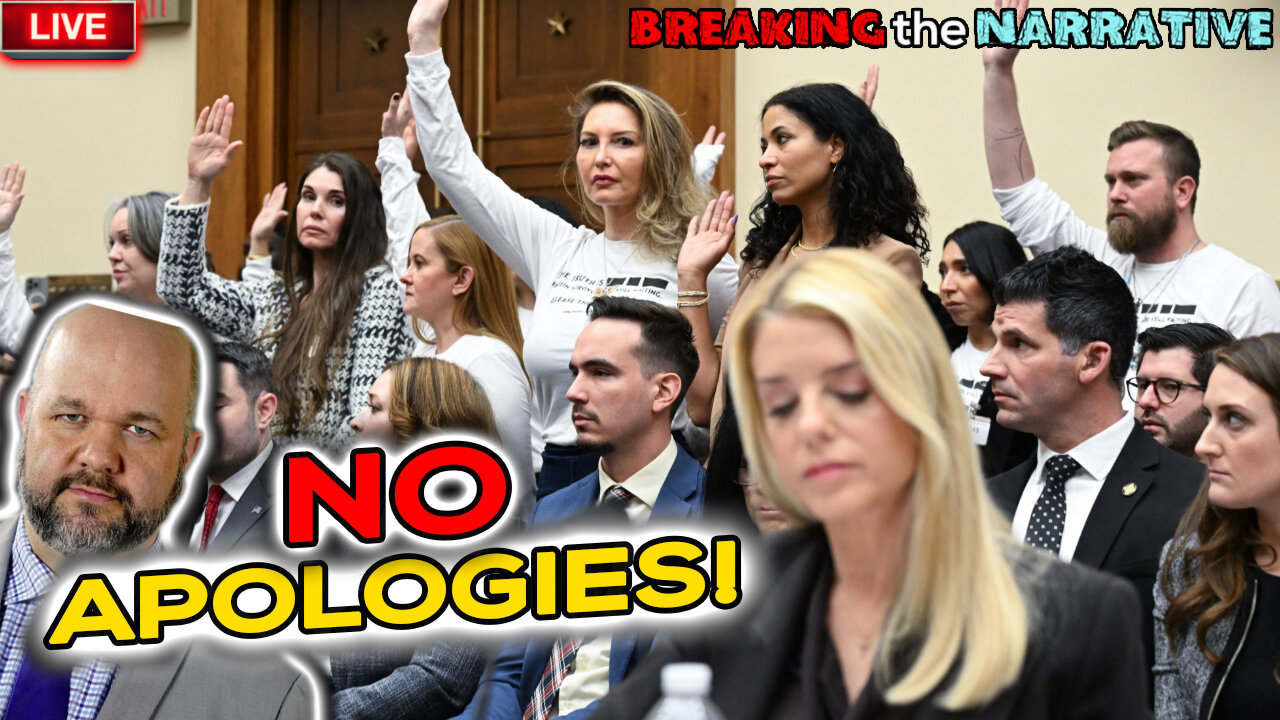Part 4:
"Abuse of Power: A Comprehensive List of Alleged Federal Crimes by Key Figures in Government and Society"
Introduction
The following comprehensive list details allegations of potential federal crimes committed by key figures across government, corporate, and other influential sectors. These individuals, including high-ranking officials, corporate executives, and policymakers, are alleged to have violated laws protecting the integrity of the United States' justice system, constitutional rights, and public trust. From obstruction of justice and suppression of free speech to mishandling classified information and fabricating intelligence, the alleged actions outlined below have far-reaching implications. Together, they paint a troubling picture of systemic abuse of power, lack of transparency, and an erosion of the principles of accountability and fairness. Each entry is meticulously detailed to provide clarity on the allegations, the crimes potentially committed, and the consequences these actions may have on American society and democracy.
28. Peter Strzok
Total Potential Penalty: 10 years imprisonment and $250,000 in fines
What He Allegedly Did:
1. Abuse of FBI Authority for Political Purposes:
- Incident: As a senior FBI official, Strzok led investigations into politically sensitive cases, including Crossfire Hurricane, where he allegedly allowed personal political biases to influence decision-making.
- Specific Crime: 18 U.S.C. § 241 (Conspiracy Against Rights).
- Explanation: Used his position to target political figures and their associates under dubious pretenses, depriving them of constitutional protections.
- Penalties: Up to 5 years imprisonment and fines up to $250,000.
2. Misuse of Official Communications:
- Incident: Text messages between Strzok and FBI attorney Lisa Page revealed potential coordination to undermine political figures, damaging the FBI’s credibility.
- Specific Crime: 18 U.S.C. § 371 (Conspiracy to Defraud the United States).
- Explanation: Engaged in conduct that undermined impartial investigations and violated public trust.
- Penalties: Up to 5 years imprisonment and fines up to $250,000.
Potential Victims and Impact:
- Victims: Political figures investigated under compromised circumstances, and the American public.
- Impact: Deepened public skepticism of the FBI’s impartiality and integrity in politically sensitive investigations.
29. Yoel Roth
Total Potential Penalty: 10 years imprisonment and $250,000 in fines
What He Allegedly Did:
1. Suppression of Lawful Political Speech:
- Incident: As a senior Twitter executive, Roth allegedly coordinated with government agencies to censor information related to the Hunter Biden laptop story and other politically sensitive topics.
- Specific Crime: 18 U.S.C. § 241 (Conspiracy Against Rights).
- Explanation: Engaged in activities that deprived users of their First Amendment rights by suppressing lawful speech at the behest of federal agencies.
- Penalties: Up to 10 years imprisonment and fines up to $250,000.
Potential Victims and Impact:
- Victims: Twitter users and the broader public, who were denied access to information critical to their decision-making.
- Impact: Undermined confidence in social media platforms as neutral facilitators of free speech and deepened concerns about government overreach.
30. Laura Dehmlow
Total Potential Penalty: 10 years imprisonment and $250,000 in fines
What She Allegedly Did:
1. Orchestrating Suppression of Hunter Biden Laptop Allegations:
- Incident: As an FBI official, Dehmlow led efforts to discredit information about the Hunter Biden laptop by characterizing it as Russian disinformation despite evidence to the contrary.
- Specific Crime: 18 U.S.C. § 241 (Conspiracy Against Rights).
- Explanation: Used her authority to interfere with lawful public discourse and discredit information vital to the electorate.
- Penalties: Up to 10 years imprisonment and fines up to $250,000.
Potential Victims and Impact:
- Victims: Voters denied access to truthful information and journalists who reported on the laptop.
- Impact: Undermined public trust in the FBI’s neutrality and fostered perceptions of bias in election-related matters.
31. Rob Flaherty
Total Potential Penalty: 10 years imprisonment and $250,000 in fines
What He Allegedly Did:
1. Coordinating Government-Initiated Censorship:
- Incident: As White House Digital Director, Flaherty allegedly worked directly with social media companies to suppress content critical of the Biden Administration’s policies, including narratives on COVID-19 vaccines, lockdowns, and election-related concerns. He allegedly facilitated these activities by threatening regulatory action against platforms that failed to comply.
- Specific Crime: 18 U.S.C. § 241 (Conspiracy Against Rights).
- Explanation: Conspired with private platforms to deprive Americans of their First Amendment rights to free speech.
- Penalties: Up to 10 years imprisonment and fines up to $250,000.
Potential Victims and Impact:
- Victims: American citizens, journalists, and researchers whose posts were censored or de-platformed.
- Impact: Undermined public trust in social media neutrality, exacerbated concerns about government overreach, and limited public access to a diversity of views during critical moments.
32. Adam Schiff
Total Potential Penalty: 10 years imprisonment and $250,000 in fines
What He Allegedly Did:
1. Abuse of Congressional Authority to Suppress Information:
- Incident: As Chair of the House Intelligence Committee, Schiff allegedly pressured social media companies to suppress content he labeled as "misinformation," including discussions on Hunter Biden’s laptop and pandemic policies. Additionally, Schiff is accused of coordinating the removal of specific accounts or individuals critical of his party’s policies.
- Specific Crime: 18 U.S.C. § 241 (Conspiracy Against Rights).
- Explanation: Misused his Congressional authority to suppress lawful speech, targeting specific narratives and individuals for censorship.
- Penalties: Up to 10 years imprisonment and fines up to $250,000.
Potential Victims and Impact:
- Victims: Citizens, journalists, and organizations whose content was restricted at Schiff’s urging.
- Impact: Damaged public faith in Congress’s ability to act impartially and fueled fears of political weaponization of government authority.
33. Jeffrey Zients
Total Potential Penalty: 10 years imprisonment and $250,000 in fines
What He Allegedly Did:
1. Suppressing Dissenting Narratives on COVID-19 Policies:
- Incident: As White House Coronavirus Response Coordinator, Zients allegedly directed efforts to label dissenting scientific opinions on pandemic response measures as “misinformation.” He worked with social media platforms to de-platform medical professionals and organizations that opposed lockdowns, mandates, or vaccine efficacy claims.
- Specific Crime: 18 U.S.C. § 241 (Conspiracy Against Rights).
- Explanation: Collaborated with platforms to deprive individuals and organizations of their rights to free speech under the First Amendment.
- Penalties: Up to 10 years imprisonment and fines up to $250,000.
Potential Victims and Impact:
- Victims: Medical professionals, researchers, and American citizens who relied on access to uncensored scientific debate.
- Impact: Contributed to distrust in public health measures and government messaging, eroding confidence in scientific institutions.
34. Ron Klain
Total Potential Penalty: 10 years imprisonment and $250,000 in fines
What He Allegedly Did:
1. Facilitating Federal Pressure to Censor Speech:
- Incident: As White House Chief of Staff, Klain allegedly played a key role in coordinating with federal agencies and private platforms to suppress content deemed politically inconvenient. His actions allegedly extended to social media posts on elections, economic policies, and government failures during crises.
- Specific Crime: 18 U.S.C. § 241 (Conspiracy Against Rights).
- Explanation: Participated in a conspiracy to suppress lawful speech critical of the administration, violating First Amendment protections.
- Penalties: Up to 10 years imprisonment and fines up to $250,000.
Potential Victims and Impact:
- Victims: Citizens, journalists, and advocacy groups whose content was censored under government direction.
- Impact: Increased public skepticism of White House integrity and deepened concerns about government control over public discourse.
35. Avril Haines
Total Potential Penalty: 10 years imprisonment and $250,000 in fines
What She Allegedly Did:
1. Misuse of Intelligence Resources to Shape Public Perception:
- Incident: As Director of National Intelligence, Haines allegedly directed intelligence resources to discredit lawful narratives deemed politically harmful, including those related to the origins of COVID-19 and foreign election interference. She allegedly facilitated these efforts by coordinating with private platforms to censor critical perspectives.
- Specific Crime: 18 U.S.C. § 241 (Conspiracy Against Rights).
- Explanation: Orchestrated censorship operations that deprived Americans of their right to access truthful and lawful information.
- Penalties: Up to 10 years imprisonment and fines up to $250,000.
Potential Victims and Impact:
- Victims: Independent researchers, journalists, and the public, who were denied access to transparent intelligence findings.
- Impact: Reduced public trust in the intelligence community and undermined the credibility of government responses to critical crises.
36. Samantha Vinograd
Total Potential Penalty: 10 years imprisonment and $250,000 in fines
What She Allegedly Did:
1. Suppression of Lawful Speech on National Security Issues:
- Incident: As a senior national security official, Vinograd allegedly advocated for suppressing narratives critical of the administration’s cybersecurity and national security policies. This included facilitating efforts to label dissenting opinions as “disinformation.”
- Specific Crime: 18 U.S.C. § 241 (Conspiracy Against Rights).
- Explanation: Participated in a conspiracy to deprive Americans of their First Amendment rights by coordinating with agencies and private platforms to censor lawful speech.
- Penalties: Up to 10 years imprisonment and fines up to $250,000.
Potential Victims and Impact:
- Victims: National security analysts, journalists, and the general public.
- Impact: Undermined trust in government transparency, stifled legitimate debate on critical security issues, and reinforced fears of government overreach.
37. Anita Dunn
Total Potential Penalty: 10 years imprisonment and $250,000 in fines
What She Allegedly Did:
1. Coordinating Government-Supported Media Suppression:
- Incident: As a senior advisor to the President, Dunn allegedly played a pivotal role in shaping White House strategies to influence private media organizations and suppress narratives critical of administration policies, particularly on economic and pandemic-related issues.
- Specific Crime: 18 U.S.C. § 241 (Conspiracy Against Rights).
- Explanation: Worked with federal agencies and private companies to stifle lawful public discourse and promote government-approved messaging.
- Penalties: Up to 10 years imprisonment and fines up to $250,000.
Potential Victims and Impact:
- Victims: Independent journalists, political commentators, and the public.
- Impact: Eroded trust in the media as an independent institution, raised concerns about state-sponsored censorship, and damaged democratic principles of free debate.
38. Fiona Hill
Total Potential Penalty: 10 years imprisonment and $250,000 in fines
What She Allegedly Did:
1. Misrepresentation of Foreign Intelligence to Shape Policy Outcomes:
- Incident: As a senior advisor on Russia and Europe, Hill allegedly provided biased or incomplete intelligence to support specific foreign policy objectives, suppressing dissenting perspectives within the administration.
- Specific Crime: 18 U.S.C. § 1001 (False Statements).
- Explanation: Provided false or misleading statements during official intelligence briefings, affecting key decisions on U.S. foreign policy.
- Penalties: Up to 5 years imprisonment and fines up to $250,000.
2. Suppressing Alternative Foreign Policy Narratives:
- Incident: Allegedly facilitated the suppression of dissenting voices critical of U.S. actions in Eastern Europe, labeling them as pro-Russian propaganda.
- Specific Crime: 18 U.S.C. § 241 (Conspiracy Against Rights).
- Explanation: Worked with agencies to censor lawful debate on foreign policy issues.
- Penalties: Up to 5 years imprisonment and fines up to $250,000.
Potential Victims and Impact:
- Victims: Foreign policy analysts, critics of U.S. intervention, and the public.
- Impact: Limited open discussion on foreign policy, weakened trust in the impartiality of U.S. intelligence, and contributed to polarization on international issues.
End of Part 4.
More coming soon....






